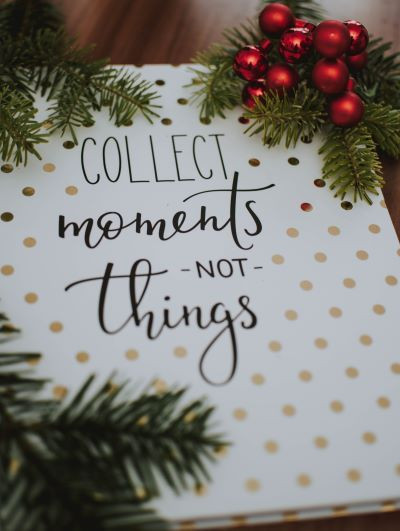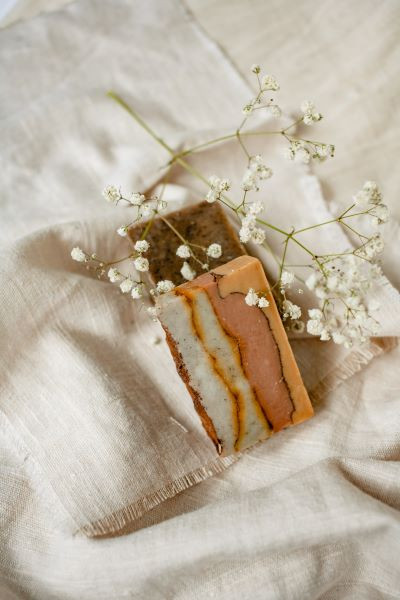
9 Weeks Until Christmas
19th Oct 2020
I know. Can you believe it? But this isn't going to be a very jolly post – in fact, this is going to be quite a sobering one. As we start to think about going out and buying gifts we need to be mindful of the impact it might be having.
Waste at Christmas
Many people don't consider what happens to all their Christmas wrapping paper, leftover food, decorations and unwanted gifts. Each Australian increases their waste by about 30% on average at Christmas time. The main offenders are all that wrapping paper, packaging and uneaten food. Now for some hard facts:
- Australians collectively spend around $11 billion a year on Christmas gifts
- Sadly more than 20 million of the gifts they receive are actually unwanted.
- 86% of Aussies find Christmas puts a strain on their finances
- We use more than 150,000km of wrapping paper during Christmas – enough to wrap about Earth's equator nearly 4 times.
- Over 5 million tonnes of food end up as landfill each year in Australia alone
- 90% of Aussies discard over 25% of their food during the festive period (December 1 – January 1)


So what can you do?
Make an effort to reduce your waste this Christmas ... and tell others what you're doing. They might just get on board! You can start with simple steps:
- Wrap gifts in cloth or a tea towel instead of wrapping paper (or a bag … and make sure the other person will reuse it!)
- Give experiences instead of things … the bonus here is people will likely appreciate them more.
- Make space in your fridge and freezer for leftovers, donate any decent food to homeless shelters, or ensure you don't make too much to begin with.
Food
We have a tradition of cooking more food than we can possibly eat at Christmas. What happens to it afterwards? Food is a big one – when we waste it, it breaks down in landfill and produces methane, a greenhouse gas more than 20 times more potent than CO2. But we also waste the resources used to grow and create it – think about soil, water, energy, as well as the packaging and the transport. We recommend cutting back on processed food and its accompanying packaging. Instead, why not try making food from scratch – such as homemade truffles, Christmas-themed bliss balls, and trifle. You'll appreciate the effort it took to make it more and be less likely to throw it out, and chances are it will even taste nicer!
Gifts
Is your gift to someone going to be just one more item cluttering up their shelves ... or on its way to Lifeline? Giving experiences is a great idea – it enhances the life of the person you're gifting, rather than creating more stuff to clutter up their home. But if experiences are a bit expensive, or not suitable, here are some things to remember:
- Find locally produced, locally sourced items
- Find items that come in minimal packaging
- Find items that do some good – whether you're buying from a charity, or from an Indigenous artist, or items that are made from waste or biodegradable materials
- But the main thing to consider is whether or not the person actually wants the item. Find something that they will appreciate, and don't spend money on something that they don't want just because you have to buy them something'.
- And give less! Parents, try to give fewer gifts that your children will treasure, not so many that none of them mean anything.
Packaging
Australians use more than 150,000km of wrapping paper at Christmas. If you have to buy something in packaging, try to make sure the packaging is responsible. Is it cardboard packaging? Can you recycle it? Can you – our favourite – compost it? And put pressure on the manufacturers. If there is a company you love, email them and tell them you'd like them to make their packaging responsible. It might be too late for this year, but certainly not for next year! Give them some facts, and ask them to consider changing the materials they use so that the earth does not lose out this Christmas.
Information taken from National Storage. Read about International E-Waste Day, and get some FAQs answered, on our blog.
Planet Friendly Packaging acknowledges the traditional custodians of the land on which we work. Our thoughts go out to everyone affected by COVID-19. Stay safe.
